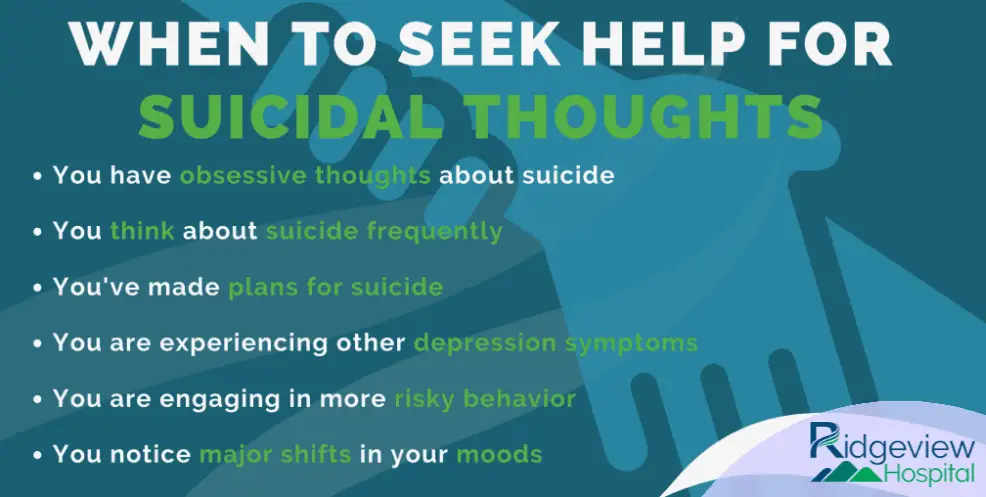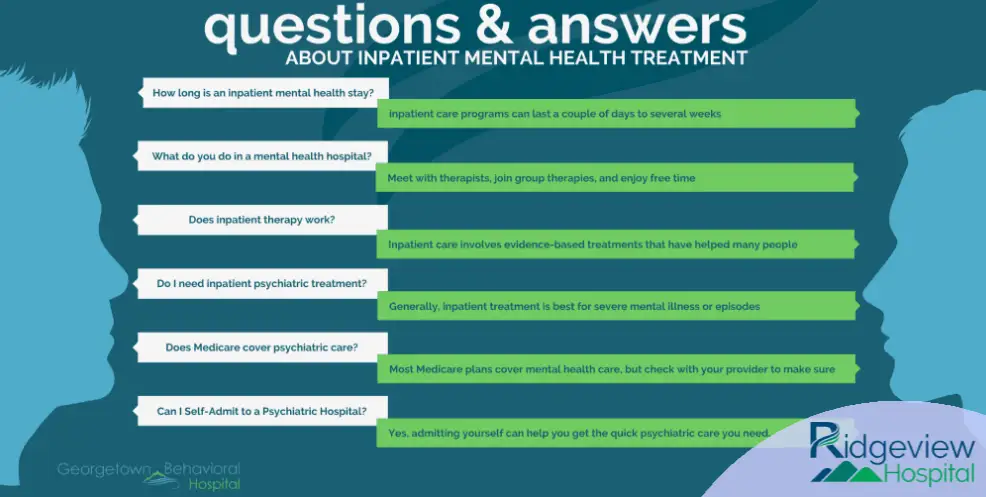Making a choice to stop using drugs and alcohol and enter a medically assisted detox in Ohio is a significant first step toward recovery.
If you’ve never been to drug or alcohol treatment before, you’re likely to have a lot of preconceived notions. You may recall scenes from movies or television shows depicting individuals going through agonizing withdrawals. Many people are unaware that there are several stages to the treatment process: medical detox.
Medical detox guarantees comfort and safety, and it is frequently required before rehabilitation. Let’s look at the advantages of medical detox and how it may assist you.

Medically Supervised Detox and Drug Withdrawal
Understanding the Effects of Drug Withdrawal
Physical dependency is a more critical biological process that includes withdrawal. Certain substances, including certain prescription pharmaceuticals as well as all illicit narcotics, can lead to addiction.
When a person consumes an addiction-forming substance on a regular basis, the body develops a physical reliance on it. Tolerance and withdrawal are the two fundamental characteristics of physical dependency. Both of these natural processes are linked.
As a person continues to use an addictive substance, the body will demand more of the substance to get the desired benefits.
Now, when a person suddenly quits taking a drug or dramatically decreases the usual dosage, the body goes through a natural withdrawal process. Because the body has become accustomed to the drug, and to a certain amount of the drug, the lack of the drug will result in a slew of symptoms.
Substances Having a High Risk of Withdrawal
- Prescription opioids
- Heroin
- Opiates
- Benzodiazepines
- Alcohol
Withdrawal may be successfully navigated by detoxing from specific drugs under the direction of medical professionals.
Substance abuse and dependency withdrawal symptoms can be unpleasant and even life-threatening in extreme situations. Medically assisted detox aims to alleviate the physical side effects of quitting substances and alcohol.
Medically assisted detox is suggested for the substances that were mentioned above more than others since it treats the genuine physical symptoms of withdrawal.

The Importance of a Medicated Detox Program in the Treatment of Drug Addiction
Many people who have struggled with drug and alcohol addiction have developed a preference for a particular substance.
One of the most critical aspects of addiction therapy is to focus on the addiction rather than a specific drug that the individual abused. However, the substance of abuse is relevant for some purposes, such as the medicated detox procedure.
What Is Medicated Detox, and How Does It Work?
To put it simply, detox is the process of removing narcotics from a person’s system. Natural detox and medical detox (also called medicated detox) are the two most common methods of drug detoxification.
Going cold turkey is a term used to describe a natural detox method. However, for some substances of addiction, a cold-turkey detox is rarely, if ever recommended.
Instead, the conventional belief is that those who abuse particular substances, such as painkillers, benzodiazepine, and alcohol, should undergo medication detox. Detox with medication can take place in a variety of situations, including:
- Medical drug detox facilities
- Detox Center or a detox facility
- Hospital with a detox facility
- Rehab center
- Community clinic that offers detox service
The Process of Detoxification
Medical detox can last anywhere from three to ten days, depending on a person’s previous drug usage habits. The first stage is an examination, during which doctors will evaluate the length of detox and the appropriate dosage of medicine. Depending on the body’s sensitivities, the medical detox program may be increased or lowered as the process progresses.
Medically supervised detox can disclose diagnoses that would be missed if someone tried to detox on their own.
What Are the Advantages of Detoxing Under Medical Supervision?
Medical detox improves the chances of a successful recovery in addition to providing comfort and safety.
Underlying medical concerns, both physical and emotional, can be treated. According to the National Alliance on Mental Illness (NAMI), up to 53% of people with a drug addiction problem also have severe mental illnesses such as major depression, schizophrenia, or borderline personality disorder.
Professionals can assess a person’s mental state during medical detox, and each patient is often given a therapist. Because a specific care plan may be created prior to outpatient or inpatient treatment rehab, medically supervised detox can help inpatient rehab be more effective. This will enable someone to get the most out of their treatment.
What Happens After Detox?
The treatment of the physical roots of addiction is perhaps the most crucial advantage of medical detox. Mental addiction, on the other hand, is just as harmful, especially if left untreated. And it is the aspect of addiction that you will learn to deal with as you progress through the levels of care.
Inpatient Rehab Treatment
The proper start of treatment is inpatient or inpatient rehab. We follow the 12-step concept and employ a standard, up to 45-day treatment approach that has been shown to be successful for decades. Individual and group counseling, introduction to the 12-step program, relapse prevention, stress management, art therapy, family education, recreational therapy, music therapy, life skills groups, and group exercise are all part of our curriculum.
Partial Hospitalization
Partial rehab, as opposed to inpatient rehab, allows you to remain at home while receiving therapy. Clients come to Ridgeview Behavioral Hospital for treatment for eight hours a day, seven days a week, and then return home in the evening.
While our staff delivers organized training during the day, clients begin to reintegrate into their families and social lives. This level of treatment is expected to last up to 21 days.

Are You Looking for a Medically Assisted Detox in Ohio?
More than anything, patients need to know that they will receive the best possible care. It’s important to remember that the care you need today may be different from the care you need tomorrow. There are many types of therapy available at Ridgeview Behavioral Hospital, so reach out if you need assistance in the Middle Point, Ohio area.
Call (419) 949-8590 to speak with one of our treatment specialists and learn more about our programs. Take our 😍 Mental Health Assessment or our 🧐 Addiction Test.





















